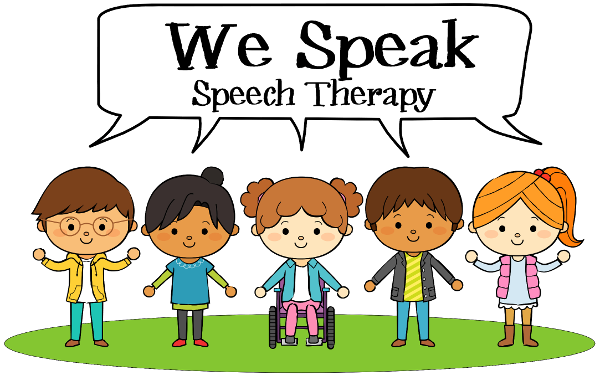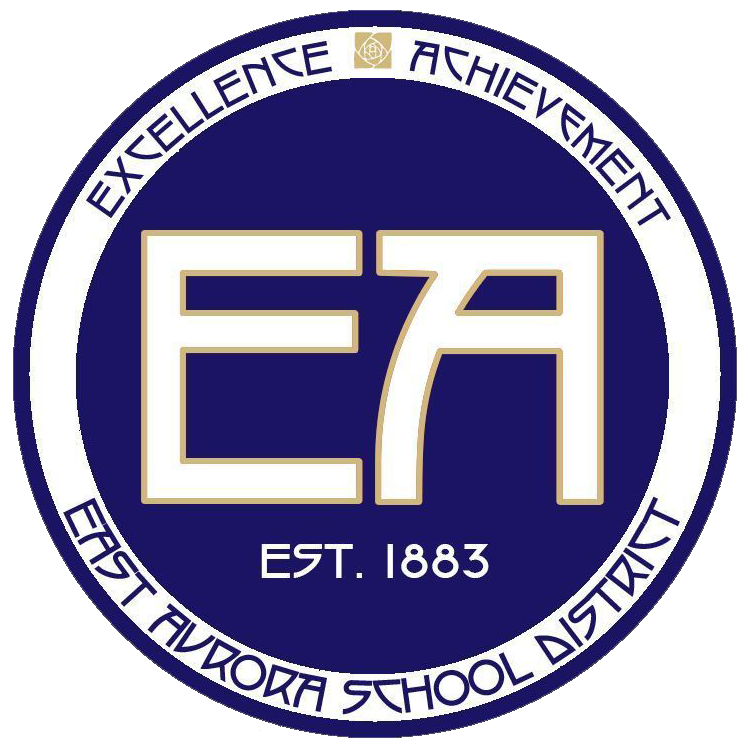Welcome to EAUFSD Speech and Language Department!

How do speech language pathologists assist students in schools?
Speech Production
Articulation - therapists work to improve sounds and/or decrease the use of phonological processes that impact the intelligibility of speech
Oral Motor Skills - therapists target the awareness, mobility, strength and coordination of the articulators (tongue, jaw, cheeks etc.)
Language
Therapists will work to improve a students understanding and use of language, grammar, sentence structure, vocabulary, linguistic concepts ( spatial/location, temporal/time, quantity/number and quality/describing) and conversational skills
Pragmatic Language - Therapists will teach students to use and understand body language ( e.g. gestures, facial expressions, eye contact), taking turns in conversation and use of appropriate volume, speed, intonation and body distance.
Auditory Processing
Central auditory processing disorder (CAPD) occurs when a child can't understand what they hear in the same way other children do. The child’s ears and brain have difficulty communicating. A child’s brain has difficulty recognizing and interpreting sounds, especially speech.
If your child has difficulties with Auditory Processing it is recommended that an audiologist complete an Auditory Processing Evaluation in order to determine if the disorder exists.
Therapy for a child with CAPD may involve all or some of the following:
Direct skills remediation (e.g. auditory discrimination, auditory pattern recognition, sound localization and lateralization etc.)
Compensatory strategies (e.g. use of graphic organizers, phonological awareness, use of context to understand and build vocabulary, active listening strategies etc.)
Environmental modifications (changing the learning or communication environment).
Phonological Awareness
Therapists will work to build a child’s ability to understand and manipulate sounds and syllables in words. Phonological awareness is an essential skill involved in learning to read.
Tasks to improve phonological awareness may include segmenting words into syllables, identifying rhyming words, blending sounds etc.
Fluency
Fluency means the smoothness with which sounds, syllables, words and phrases are joined together during connected speech.
If a child has difficulty with fluency this may present as stuttering.
Voice
If a child is suspected of having a voice disorder, a therapist will likely work on addressing the child’s vocal quality, pitch and volume.
